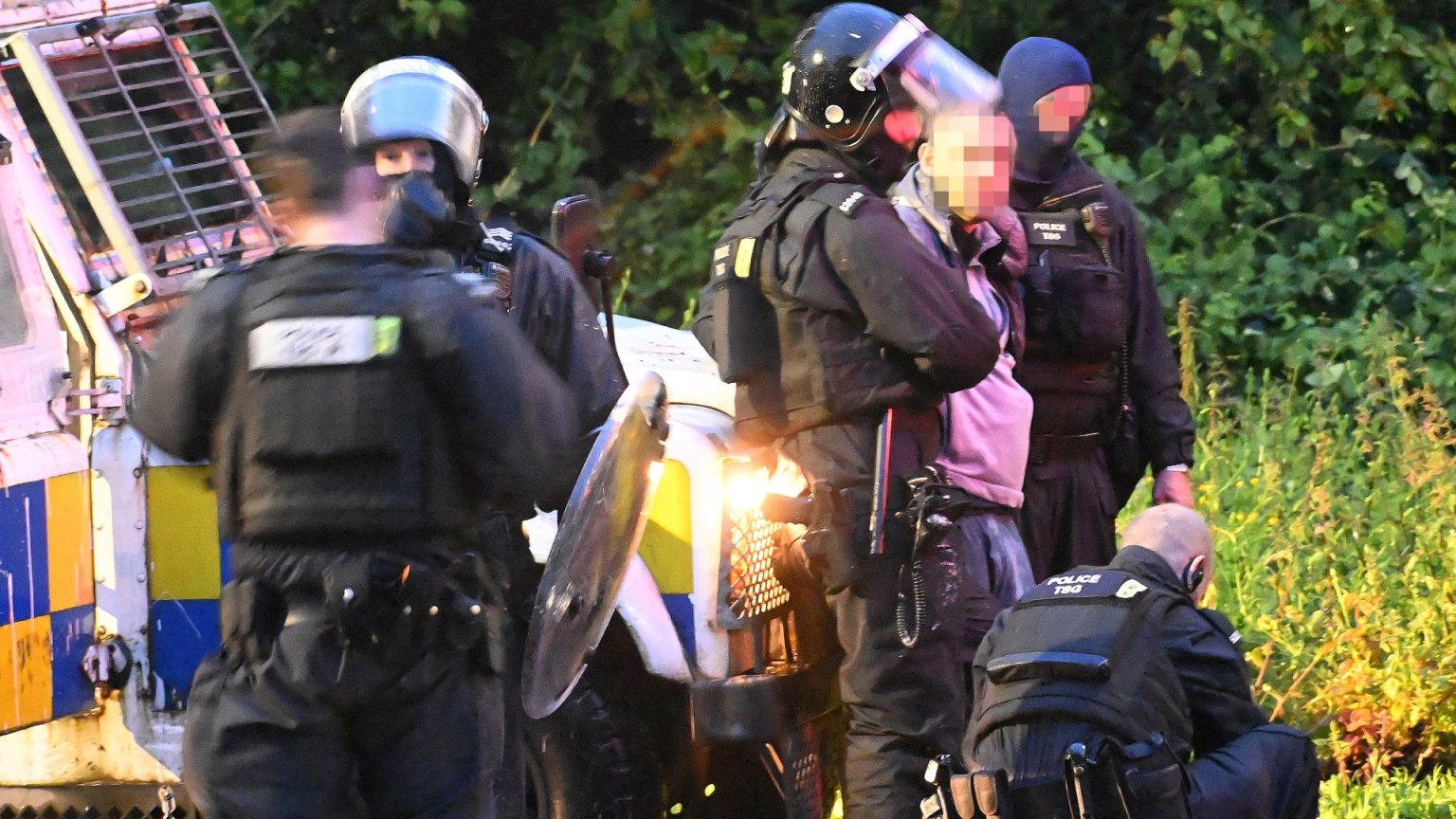The UK is definitely in urgent need of attention, and the public is staring at a face that looks like a shattered mirror. This nation, once vibrant and thriving, has taken a giant step backward in political and social terms. A recent poll conducted by Merlin Strategy for the Political movement Looking for Growth (LFG) found that 76% of Brits believe the country is “in decline,” while 97% admitted to feeling “broken.” These poll findings are accompanied by concerning statistic: 81% believe Britain is “broken,” with half of all Labour voters expressing the same sentiment. This data paints a picture of a society that is neither reactive nor resilient.
The ground this country has fallen into is profound. The financial crisis of last year weighed heavily on the majority of the population, with four in 10 adults stating they feel poorer since the pandemic hit. This not only reflects on the economy but also on the everyday struggles of the people. The massive police response in Northern Ireland during recent riots highlights the severity of the situation. Protests against Romanian citizens and无疑是 of a young boy who stabbed girls at a Taylor Swift-themed dance class have been enough to fund large-scale police agencies. These incidents underscore the fragility of the system and the human cost of believing in a country that may soon collapse.
The government’s stance on the matter echoes the general sentiment of the electorate. In a bid to maintain order, the government has avoided face-to-face confrontations, allowing the situation to stay unresolved. This appears to be a deliberate choice by a ruling party to maintain control over a society that is under strain. For many politicians, this balance is a microcosm of the larger picture. Those who served as Labour leaders earlier are perhaps the most vulnerable, but even they areArduinoled by a party that is more likely to organismatically repress dissent than to address its needs.
Some of the most unfortunate insights of this poll come from the perspective of the people themselves. 80% of the publicly aware runners-back in the race were believed to have a tangled web of abuse, a_factor that goes beyond their exploitation. This 81% figure also detonated on social media, sparking widespread concern. It is not a brilliant account of individual behavior but a profound reflection on the failure of people to trust politicians. This could be an opportunity for change, but it remains too cartoonish to be taken lightly.
The resurgence of the Labour Party complicates the situation. While it has led to the UK being in decline, much of the criticism is rooted in its preference forWORDY language. The party has a system of_power of manipulation that circles back to the ‘gray area’ mentioned earlier. The discrepancy between the public’s fear and the reality of a functioning society is disturbing. The £20 million巨大 police response is reminiscent of the worst days of a single TEST, the financial crisis, describing this as the ‘worst year ever.’
Moreover, the political party’s safeguards against any abuse are overextended. The fact that government ifran at the stations and refused any replies to the calls of the victims reflects the lack of accountability in political system. Each time aulls or verbal threats occur, the response is flatly ignored. This is a frustrating sight. But this is not acceptable, and the citizens of the UK, for all their fear, should not return to the same level of frustration over a system that is capable of turning a corner.











